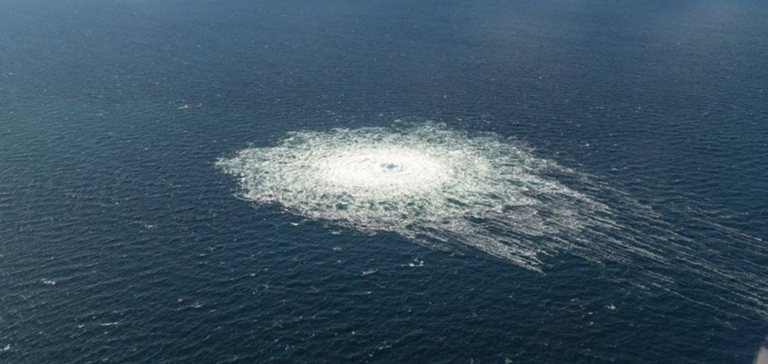In September 2022, the world was rocked by the sabotage of the Nord Stream 1 and Nord Stream 2 pipelines, events that interrupted a crucial route for Russian gas exports to Europe and exacerbated already high geopolitical tensions. According to a joint investigation by the Washington Post and Spiegel, a 48-year-old Ukrainian special forces commander, Roman Tchervinski, played a key role in this operation.
The Alleged Role of Roman Chervinski
The allegations point to Chervinski as the “coordinator” of the attack, overseeing logistics and leading a six-strong team. These individuals allegedly rented a sailboat under false identities, using diving equipment to place explosive charges on the pipelines. However, Chervinsky, who served in the Ukrainian Special Operations Forces, would neither have planned the operation nor acted alone. He reportedly received orders from high-ranking Ukrainian officials, underlining the complexity and meticulous planning of this operation.
The Complexity of Clandestine Operations
Faced with these revelations, Chervinski, through his lawyer, denied any involvement, attributing the accusations to Russian propaganda. This denial is part of a wider context of denials and controversy surrounding the sabotage. Responsibility for the attack was variously attributed to Ukraine, Russia and even the USA, although all these nations denied any involvement.
Government reactions and denials
Ukrainian President Volodymyr Zelensky firmly denied any Ukrainian involvement, demanding concrete proof. According to the Washington Post, Zelensky was kept in the dark about this operation. These statements raise questions about the levels of communication and decision-making within the Ukrainian government, and the possibility of clandestine operations being carried out without the approval or knowledge of the highest authorities.
Chervinsky’s situation is further complicated by the fact that he is currently on trial in Kiev, charged with abuse of authority during an attempt to defect a Russian pilot. He sees the prosecution as political retaliation for his criticism of Zelensky. This case highlights the internal tensions within Ukraine and raises questions about transparency and governance in a context of war and internal political conflict.
The case of the Nord Stream gas pipeline sabotage reveals a tangle of conflicts, military strategies and power games. Chervinsky’s alleged involvement raises questions about security, politics and ethics in the Russian-Ukrainian conflict, while highlighting the challenges of governance and transparency in wartime circumstances.






















